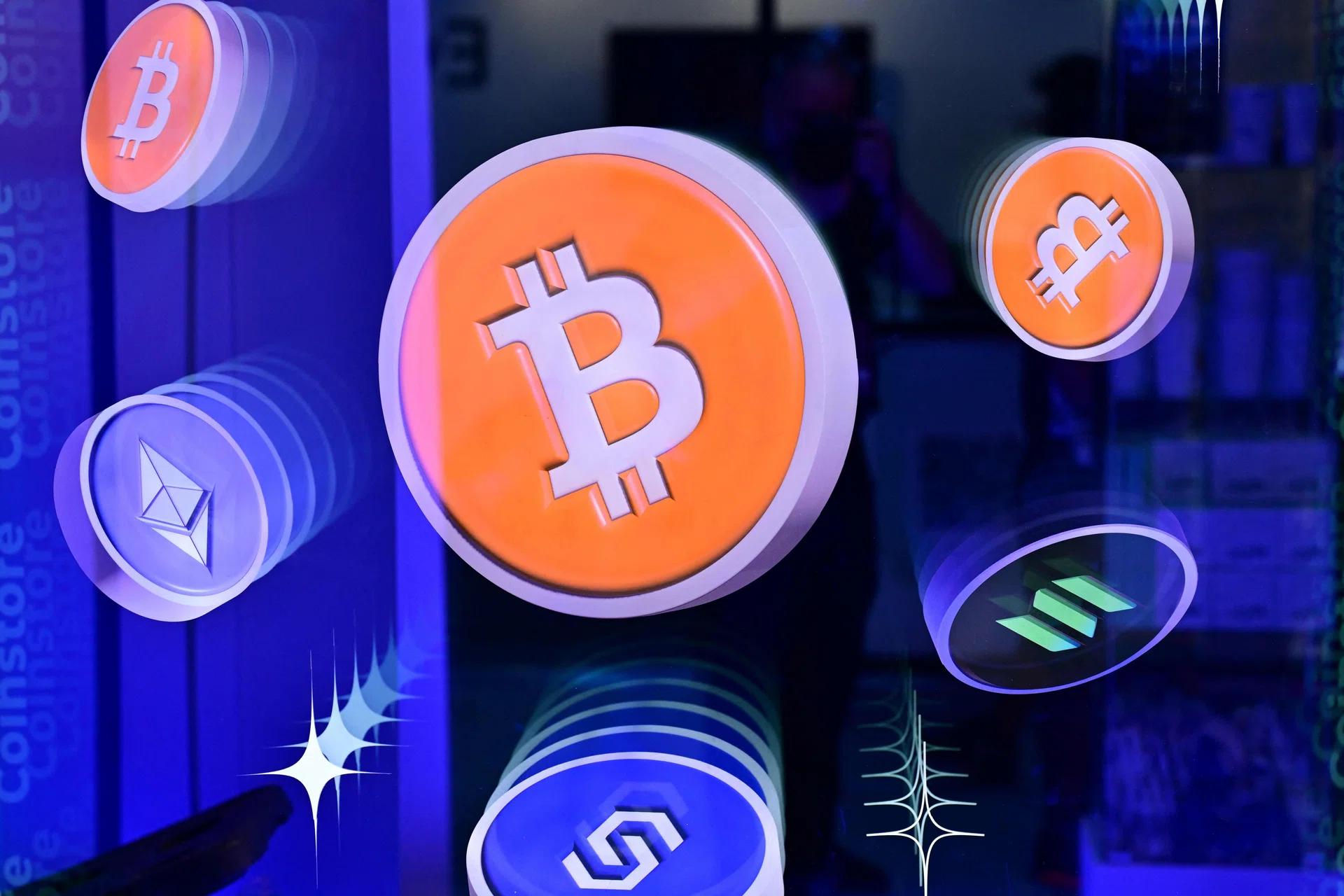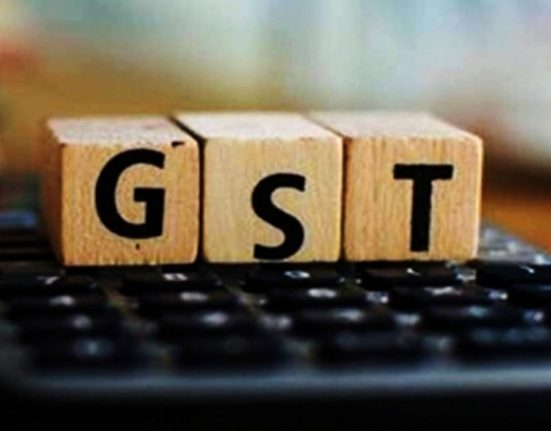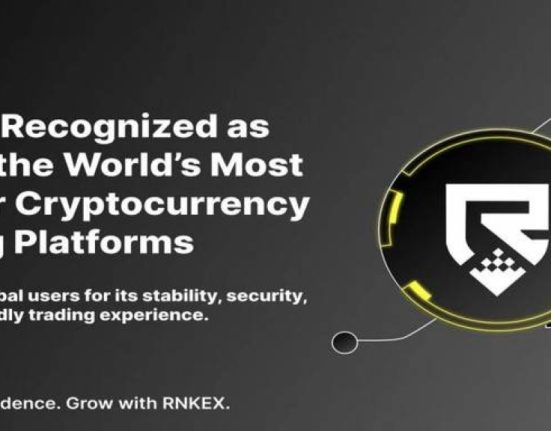[SINGAPORE] Tokenize Xchange announced on Sunday (Jul 20) that it would exit Singapore after failing to secure a Major Payment Institution (MPI) licence, typically necessary for digital token service providers (DTSPs).
It is set to lay off its 15 staff, despite having had plans to expand its office in Singapore to 100 people and raising US$11.5 million in funding.
Other larger players such as Bybit and Bitget are also mulling possible exits, Bloomberg reported recently.
The world’s largest crypto exchange, Binance, also lacks an MPI licence, but has reportedly found a way to continue local operations by keeping remote workers in Singapore.
So what has been happening in the Singapore crypto landscape?
Recent crypto regulations
On Jun 6, the Monetary Authority of Singapore (MAS) announced that DTSPs based in Singapore but serving only overseas customers must be licensed by Jun 30 to continue operating.
BT in your inbox

Start and end each day with the latest news stories and analyses delivered straight to your inbox.
“MAS has set the bar high for licensing and will generally not issue a licence,” said the regulator in its announcement, citing a higher risk of money laundering with DTSPs.
The June update was the third and final phase of the Financial Services and Markets Act (FSMA) passed in 2022. The first phase commenced in April 2023 and migrated provisions such as general powers over financial institutions, anti-money laundering, and countering the financing of terrorism from the MAS Act of 1970.
FSMA applies to financial institutions, but also to licensees of the Payment Services (PS) Act of 2019, which regulates payment systems in Singapore, including those related to the purchase and sale of digital tokens.
Crypto licensing explained
There are three types of licences that DTSPs can secure under the PS Act, according to the Singapore Statutes Online website.
The first is the MPI licence, given to providers with monthly payment transactions valued at greater than S$3 million a day and an e-money float greater than S$5 million a day.
Centralised exchanges usually require an MPI licence, or an in-principal approval under the PS Act, said a March 2025 report by the Singapore Fintech Association and SG Builders, which was published on the Singapore Economic Development Board website.
The second is the Standard Payment Institution licence, for providers with transactions and e-money floats lower than S$3 million and S$5 million a day, respectively.
The third is a simple Money Changer Licence, for providers that only offer money-changing services.
In an interview with The Business Times, the Singapore head of Coinbase, Hassan Ahmed, described the MPI licensing process as akin to a menu. A company picks and chooses the services it wishes to offer as part of its business plan, and then seeks approval at both a licensing level and specific service levels.
Coinbase is the largest US-based crypto exchange and was the largest custodian of Bitcoin as at 2024.
The licence, while attractive, can often end up being “not that simple” or even “desirable”, depending on a crypto company’s business goals, said Ahmed, as there is a fair amount of compliance work involved. When the MPI licensing window opened after the PS Act came into effect, many crypto firms eventually dropped their applications despite an initial surge.
What’s considered in the licensing process
Industry players laud Singapore for its high standards and strict enforcement of certain aspects of crypto operations, such as anti-money laundering compliance, counterterrorism financing, as well as safeguarding and consumer protection.
Consumer protection has become particularly important since the then third-largest crypto exchange, FTX, went under in 2022. Regulators across the world now want to ensure customer funds can still be recovered even if a platform shuts down, Ahmed added.
The FTX collapse, which bankrupted the crypto exchange after its CEO misused customer funds, highlighted the need for ledgering and a segregation of corporate and consumer funds at a jurisdictional level.
Other aspects that are looked at during the MPI licence application are related to technology risk management and platform uptime, said Ahmed.
Even though building an MAS-compliant programme is not straightforward and is capital-intensive, the framework is clear.
Danny Chong, co-chairman of the Digital Assets Association, told The Business Times: “MAS has always been quite clear, black-and-white, in what it is doing.” He noted that the regulator spent as much time as it could to solicit feedback from the digital asset industry.
Chong also stated that the proof of Singapore’s attractiveness lay in the volume of crypto firms continuously coming to set up shop in the country, despite such a comprehensive licensing process.
A total of 34 institutions, including major players such as Coinbase and OKX, had been granted digital token payment licences as at July 2025, according to the MAS website. A May 2025 report by Artemis Analytics also stated that Singapore had the second-highest percentage of stablecoin flows in the world between January 2023 and February 2025, trailing the US by only 0.3 percentage points.
Stablecoins are a type of cryptocurrency that aims to limit price volatility by pegging their value to a currency, commodity or financial instrument.
Tokenize’s choice to exit after failing to obtain the MPI licence, instead of reapplying, was likely a business decision, said Chong. The exchange would have had to stop operations in Singapore during the reapplication, or re-reroute it elsewhere, owing to the hard Jun 30 deadline.
“That would be a rather tedious process,” he said.
In general, Chong said that some exchange owners may have taken the equivalent of an immediate “stop-loss” by moving their business out of Singapore when they realised they were unlikely to get the requisite licence.
The issues faced by applicants could range from incomplete documentation to insufficiently robust “know your customer” procedures, or even a de-prioritisation of the application based on the size of the exchange applying.
Going forward
The regulator in Singapore has not issued a moratorium on licensing, unlike nearby jurisdictions. The Philippines implemented a three-year moratorium on crypto-asset service providers in September 2022; Indonesia issued a similar halt on issuing new crypto exchange licences in August that year.
Other factors, such as the S$3 billion Fujian gang money laundering case in 2023 – in which some cryptocurrency assets were seized by the police – have also left a “very bitter taste” in the mouths of institutions and regulators. Licences are thus most likely to go to crypto firms with “strong” compliance frameworks, noted Chong.







